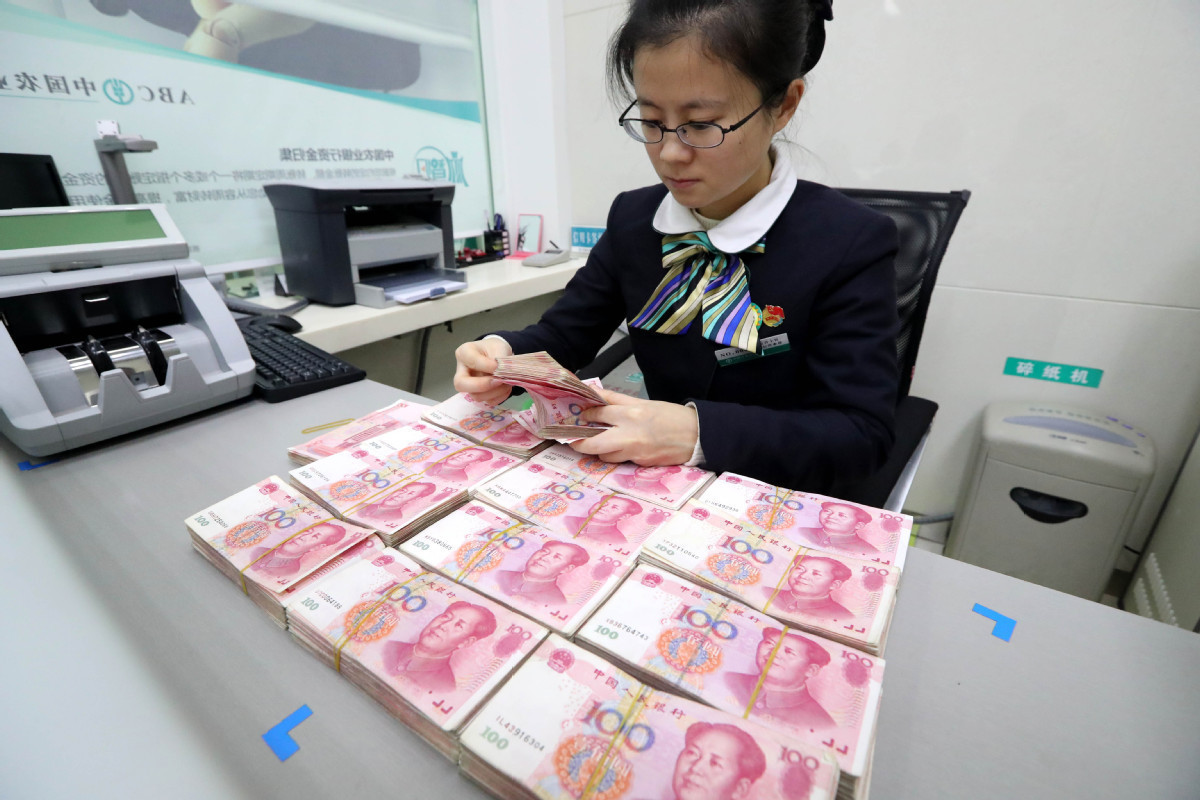Revised QFII rules may be rolled out in near future


Move to level playing field for foreign, domestic institutional investors
China may soon enforce the revised rules for qualified institutional investor programs and allow foreign access to almost all major financial assets, leveling the playing field for domestic and foreign institutional investors, officials and experts said.
The China Securities Regulatory Commission, the country's top securities regulator, said recently that it will, as soon as possible, roll out the revised rules for the Qualified Foreign Institutional Investors program, known as QFII, and the renminbi-denominated RQFII, two programs that enable licensed foreign institutions to invest in the mainland markets.
The CSRC will also work to expand the channels for foreign capital to access onshore exchange bond markets, as part of its efforts to speed up putting into place the announced opening-up measures, the commission said in an exclusive written interview with China Daily.
"China's capital market will be more open toward the rest of the world and welcome quality overseas financial institutions and long-term investors to operate and invest in China," the commission said, adding that domestic and foreign players will share the benefits of the long-term stability of China's economic development.
Wang Tingting, an associate professor of finance at the Central University of Finance and Economics, said the revised rules for qualified institutional investors programs are expected to give foreign investors wider market access, especially to the derivatives market.
"This will help satisfy foreign investors' growing needs to trade onshore derivatives for risk hedging and portfolio diversification, making the country an important destination of global asset allocation," Wang said.
In early 2019, the commission solicited public opinions on the draft of revised rules governing securities and futures investment under the QFII and RQFII programs, which proposed to consolidate the two programs into one so that foreign investors only need to make one license application.
The draft widened the access for licensed foreign investors from mainly exchange-listed securities and mutual funds into a much wider range that also covers financial and commodity futures, options, private investment funds, bond repurchases, and stocks admitted on the National Equities Exchange and Quotations system. The NEEQ system is an equity trading platform serving small-to medium-sized enterprises.
Dong Dengxin, director of the Finance and Securities Institute at the Wuhan University of Science and Technology, said the investment scope stipulated in the draft almost covers all major categories of financial assets.
"Therefore, licensed foreign institutional investors will receive basically the same regulatory treatment as domestic players once the expanded investment scope is enforced, given that China has removed QFII/RQFII quota limits," Dong said.
China removed the quota limits on QFII and RQFII in September, as part of the country's breakthroughs in capital market opening-up last year.
Foreign investors' holdings, as a proportion of the A-share market's total free float market capitalization, increased rapidly to 4.21 percent by the end of last year, versus 3.15 percent a year earlier, the CSRC told China Daily.
The commission said there is "a strong consensus" among the Chinese government and financial regulators that deepening financial opening-up will usher in more competition and mature investment ideas, conducive to improving investor structure and strengthening support for the real economy.
It will actively study new measures to further open the capital market as well as the securities, funds and futures industries to foreign investment, the securities watchdog said.
Wang said the country's financial opening-up measures closely relate to its efforts to make the capital market more supportive of the real economy.
For instance, introducing institutional foreign investors into the NEEQ could improve market liquidity and therefore facilitate reform of the system, which is set to gather speed this year, according to him.
- China sees robust overseas capital inflow amid financial opening-up
- China QFII quota edges up to $111.4b
- Foreign institutions to benefit from interbank bond market
- China facilitates overseas institutional investors to invest in interbank bond market
- China lifts investment quota restrictions for QFII, RQFII amid financial opening-up




































